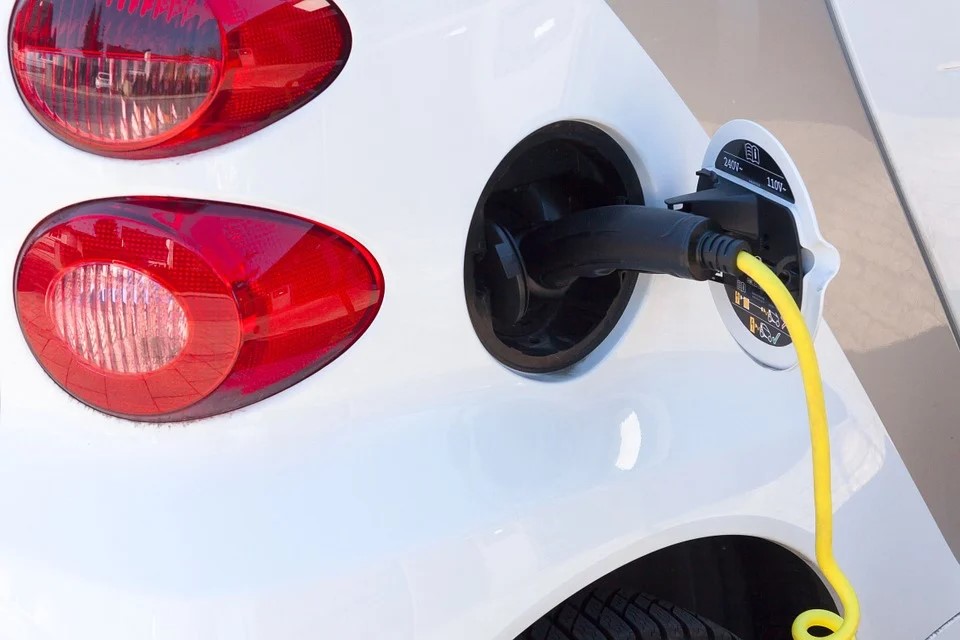Investment Strategies
Wealth Managers React To Rising EU-China Trade Tensions

After the European Commission decided last week to bump up tariffs on electric vehicle imports from China, following the US’s move to increase tariffs, investment managers discuss the impact on investors, decarbonisation, and a potential trade war.
The European Commission decided last week to impose provisional tariffs of between 17.4 per cent and 38.1 per cent on electric vehicle (EV) imports from China, about half the US’s 100 per cent tariff, in response to what it calls illegal state subsidies. China has since launched a probe into European pork prices, increasing speculation of a trade war, amidst concerns over China's slowing economy.
These new European tariffs are on top of the current 10 per cent rate, and come after the US’s move last month to quadruple tariffs on Chinese EV imports to 100 per cent.
Nevertheless, the US hardly imports Chinese EVs (about 3 per cent of market share), whilst Europe is much more exposed. Arnab Das, a member of Invesco’s global thought leadership team, consequently believes that these latest policies will only offset the subsidies and level the playing field to a limited extent. “Chinese car makers probably have enough margin to absorb the tariffs and continue to make gains in the EU market, as well as impose competitive pressure on European manufacturers,” Das said in a note. “China is also gaining markets for EVs and other green and high-tech products in emerging markets – LatAm, EMEA, parts of Asia but perhaps less so in the West, Japan, Korea, India where Western and domestic firms may be retaining more market share,” he added.
Maggie Sun, senior portfolio manager at Sumitomo Mitsui DS Asset Management (SMDAM), also thinks the overall impact to Chinese EV makers is quite manageable as the anti-subsidy investigation started in September 2023 and a majority of the headwind impact is already priced in the share price. "Meanwhile, many Chinese EV makers have already accelerated their localisation strategy which in the longer term will further mitigate the tariff or other trade conflict risks," she added.
However, Sun highlighted how the duty affects in particular Chinese carmakers BYD, Geely and MG owner SAIC differently. The anti-dumping tariff for BYD is 17.4 per cent, for Geely it is 20 per cent, and for SAIC it is 38.1 per cent. She is expecting a different impact among Chinese EV makers. "Despite facing tariff pressures, BYD and Geely can still maintain a positive sales momentum and limited profit impact through strategic discounts. Especially for BYD, its significant cost advantage under similar spec versus peers enable the company to improve its market presence there. SAIC Group, on the other hand, needs to deal with higher tariff pressures and may have to raise prices to maintain profitability, which could affect its overseas sales and profit margins," Sun told this news service.
Dina Ting, head of global index portfolio management at Franklin Templeton, echoed her views. “Over the long term, it seems unlikely that the EU tariffs will halt China’s market share claims in Europe," Ting said. "In fact, some analysts believe that over the long run, import duties may even accelerate China’s inroads there as Chinese companies were already angling for local EV production options. China’s BYD, which is vying with Tesla to become the world’s top EV-maker, has plans to build its first European electric car factory in Hungary and Chery Automobile has reportedly reached an agreement to establish its first factory in Spain," Ting added.
Although trade tensions have worsened, and concerns are growing over China's slowing economy, Mark Haefele, chief investment officer at UBS Global Wealth Management, also believes that both the EU and China will be keen to avoid a full-scale trade war. Ting also thinks that it’s still possible that Chinese and EU officials can reach some sort of an agreement as all sides are surely looking into what they stand to gain and what they stand to lose. “China needs external demand, and Europe does not want inflation,” Haefele added. Tariffs may serve to speed more Chinese EV maker investments into European factories and partnerships to reduce their tariffs burdens.
Investment implications
Haefele recommends a selective approach within China’s EV sector
and European automakers. Within European equities, he prefers
consumer discretionary with a tilt towards established high-end
luxury goods, though he acknowledges some risk of higher tariffs
given significant revenue exposure to China. Higher tariffs on
greentech also pose obvious risks to decarbonisation and emission
reduction targets, and Haefele recommends investors seeking
exposure to focus on sustainable infrastructure.
Meanwhile, Raymond Ma, chief investment officer, Hong Kong and China at Invesco, told this news service that his long-term investment focus remains intact based on sound economic fundamentals. “Chinese companies are highly competitive in these key growth segments of the future green economy with export opportunities across developed and emerging markets,” he added.